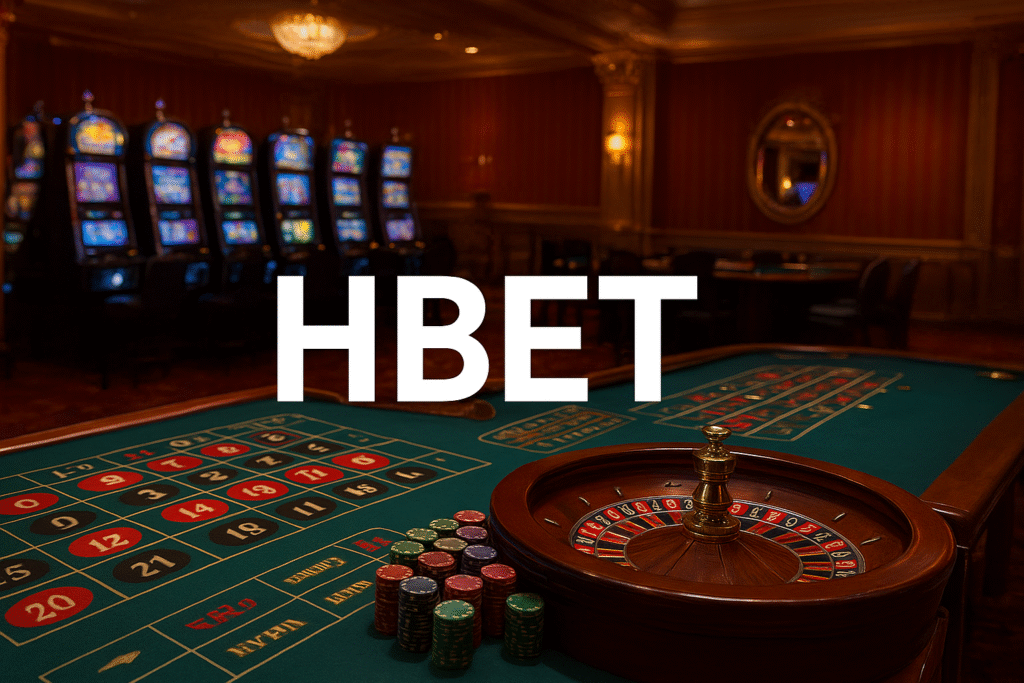
Casinos are places of excitement, entertainment, and thrill, but they also carry risks if approached without caution. While millions of people enjoy gambling responsibly, there are cases where it can become problematic. The industry, regulators, and players themselves all play a role in promoting responsible gambling. By understanding its importance, individuals can enjoy the fun of gaming while safeguarding their well-being.
The Entertainment Perspective
At its core, gambling should be treated as a form of entertainment, not a way to earn money. Just like going to a concert or watching a movie, casino games are designed to provide fun experiences. Wins are always possible, but the house edge ensures casinos remain profitable in the long run. Approaching gambling with this mindset helps players avoid unrealistic expectations.
Common Signs of Problem Gambling
Responsible gambling awareness begins with recognizing the signs of unhealthy behavior. These may include:
- Spending more money than intended.
- Chasing losses with bigger bets.
- Hiding gambling activities from friends or family.
- Gambling to escape stress or personal problems.
Identifying these warning signs early can prevent gambling from turning into a serious issue.
Tools for Responsible Play
Modern casinos, both physical and online, provide tools to help players manage their gambling habits. These include deposit limits, self-exclusion programs, and reminders about time spent playing. Many platforms also offer reality checks that display how long someone has been playing and how much they’ve wagered. Using these tools empowers players to stay in control.
The Role of Education
Education plays a critical role in responsible gambling. By learning about odds, house edges, and the role of probability, players can make informed decisions. Understanding that luck is the dominant factor in most casino games helps dispel myths about “winning strategies” that guarantee profits. The more players know, the better equipped they are to gamble safely.
Industry Responsibility
Casinos themselves have a duty to promote responsible play. Many establishments fund research on gambling behavior, provide support hotlines, and train staff to recognize signs of problem gambling. Online platforms, in particular, have developed advanced monitoring systems that can detect unusual patterns and intervene when necessary. These measures demonstrate the industry’s commitment to balancing entertainment with responsibility.
Support Systems and Resources
For individuals struggling with gambling addiction, numerous resources are available. Support groups, counseling services, and helplines provide guidance and help people regain control over their habits. In many countries, governments and regulators require casinos to prominently display information about these resources, ensuring players know where to turn if they need assistance.
Responsible Gambling in the Digital Era
The rise of online casinos has created new challenges for responsible play. With 24/7 access, players must be even more disciplined about setting limits. Fortunately, many digital platforms take this seriously, offering advanced tools and reminders. Platforms like HBET demonstrate how the industry can blend convenience with responsibility by incorporating features that encourage safe play.
Conclusion
Responsible gambling is essential to ensuring that casinos remain enjoyable entertainment venues rather than sources of harm. By staying aware, using available tools, and approaching gambling with the right mindset, players can fully enjoy the excitement of the casino world. Ultimately, the healthiest way to gamble is to treat it as fun, keep limits in place, and always know when to step away.